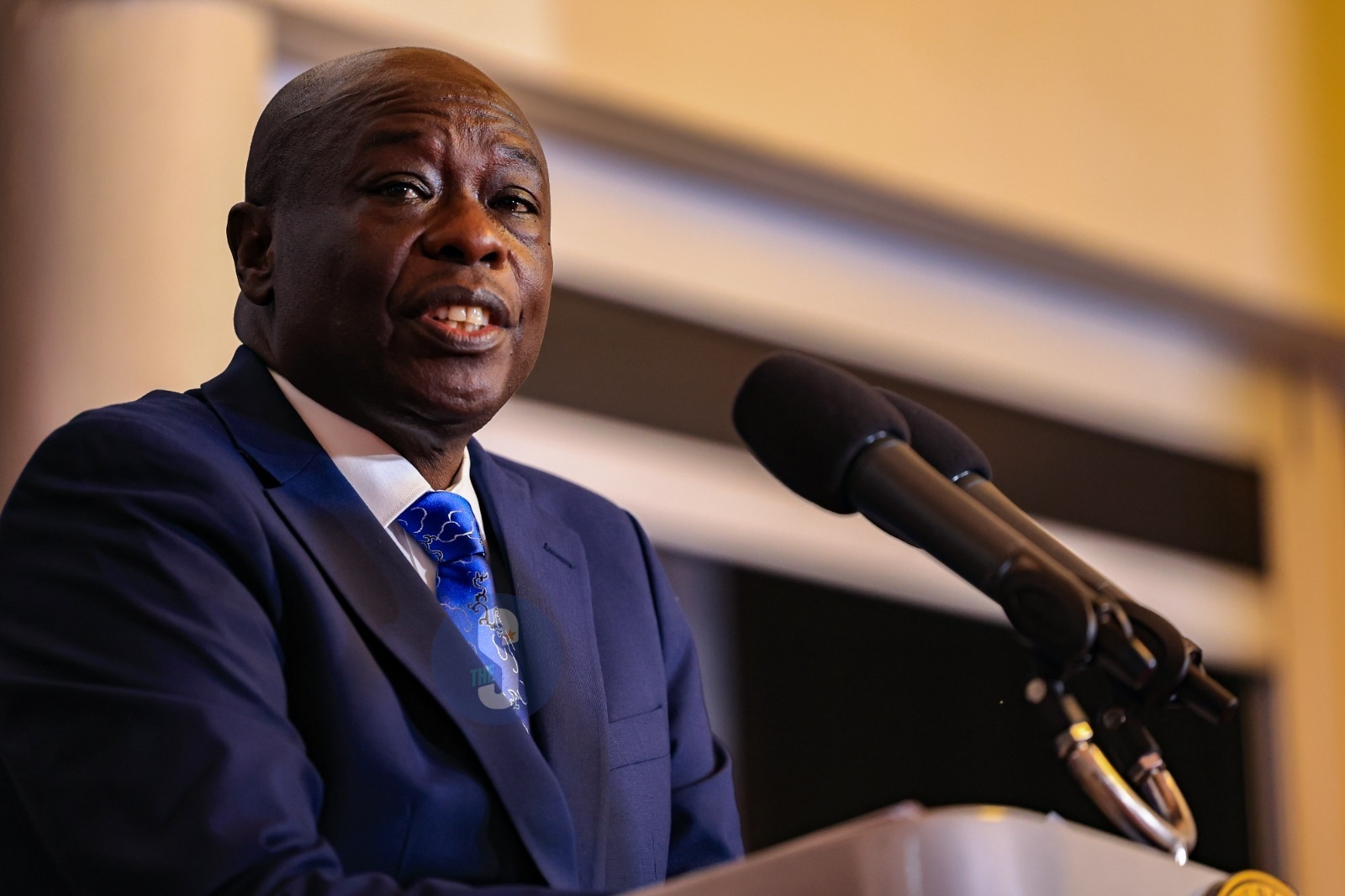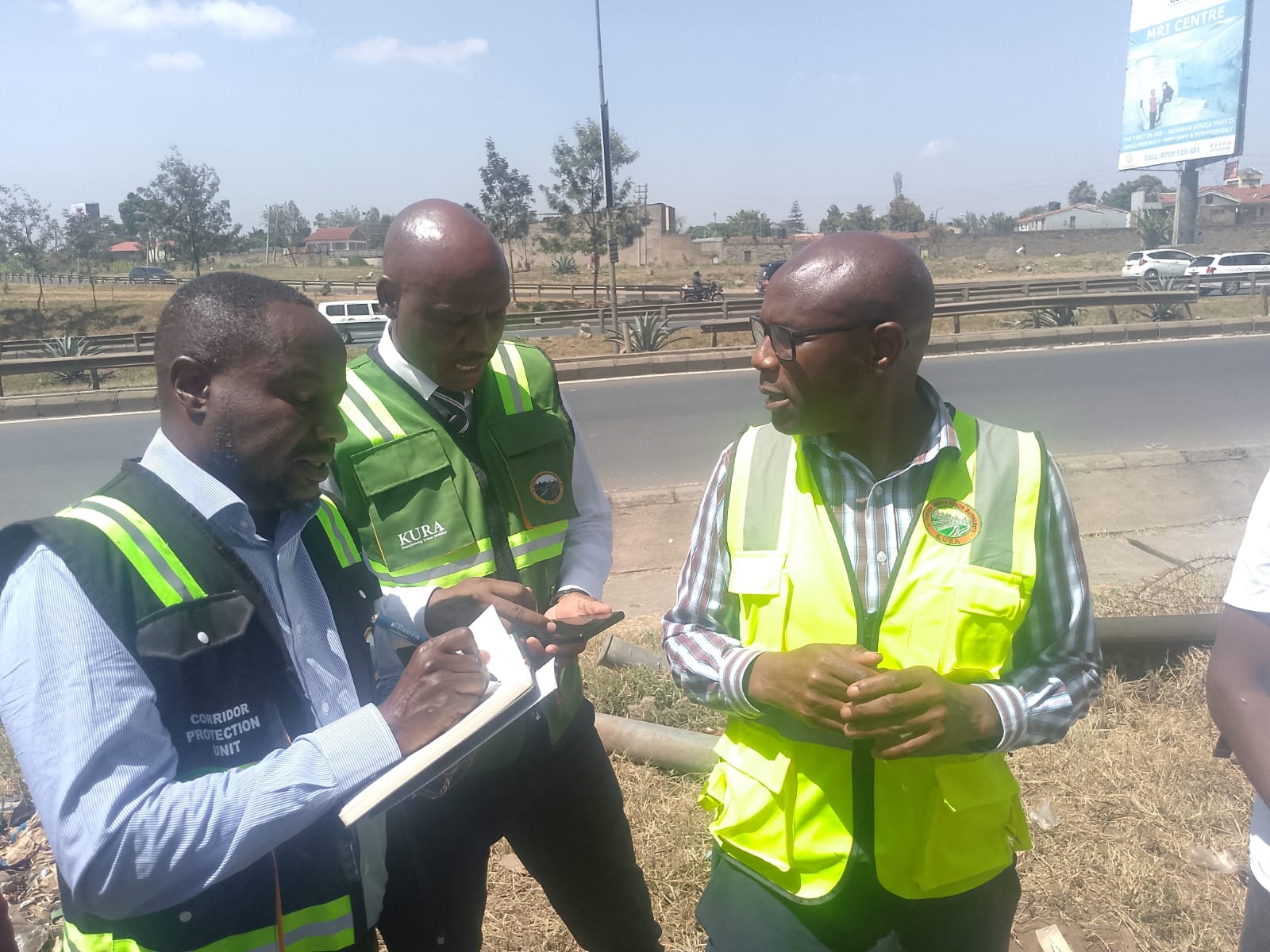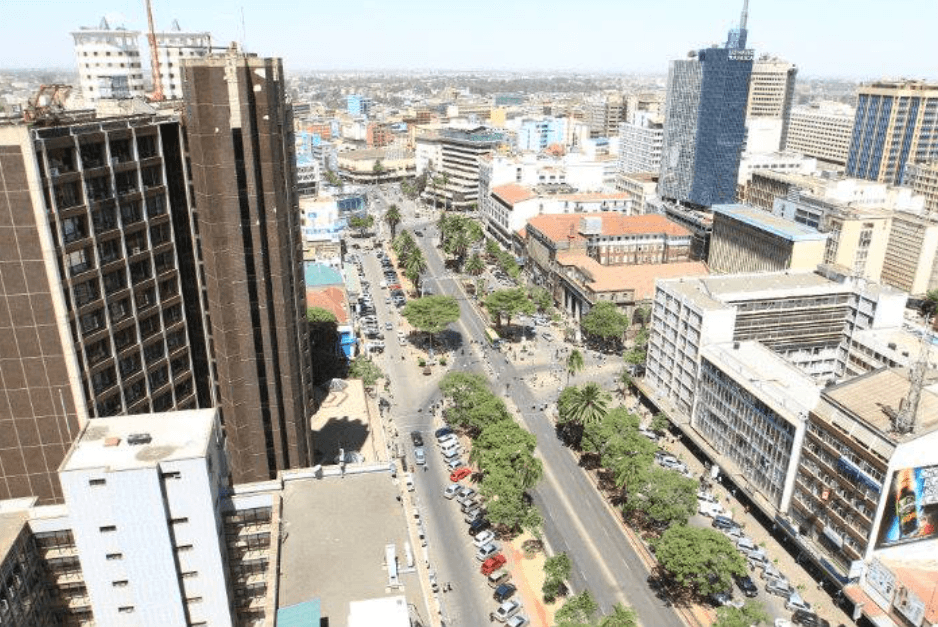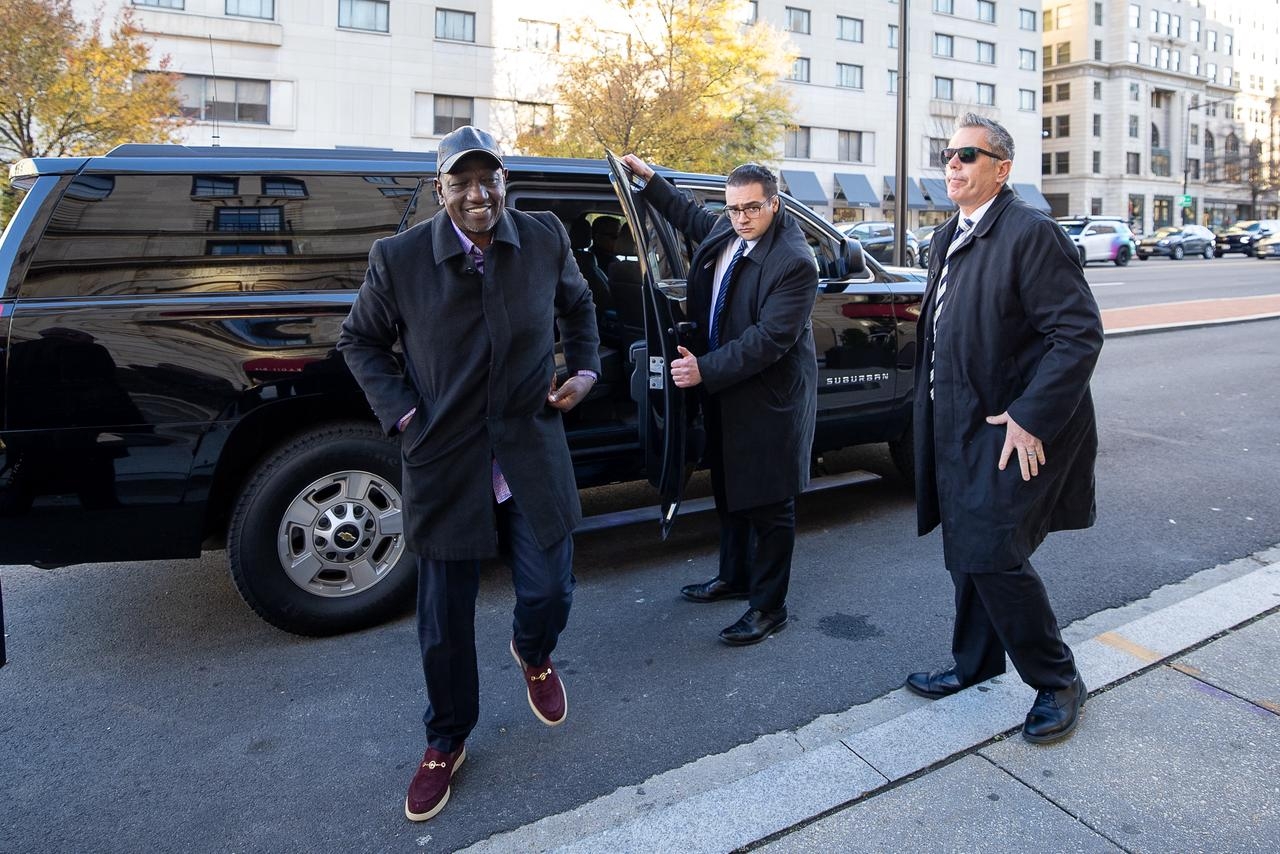Rwanda is today marking the 29th anniversary of the 1994 genocide killing.
The heinous extermination of Tutsis by armed Hutu militias happened from April 7 to July 1994.
More than one million innocent lives were lost.
The day ushers the beginning of a 100-day commemoration aimed at paying tribute to the victims, standing with the survivors as well as recognising the resilience of Rwandans.
The international community and civil society groups are also joining the country in observing this day.
President Paul Kagame led Rwandans and diplomatic corps at the Kigali Genocide Memorial site in a national ceremony to honour the victims by laying a wreath.
"It is very clear that wounds are still deep, but Rwandans, I thank all of you for refusing to be defined by this tragic history," he said in his address.
"People have managed to turn the page and move forward from grieving and crying."
He called on the country's men and women to continue coexisting in harmony noting the country has transformed.
He said through unity, hard work and perseverance, they can surmount the challenges on their way.
"We will, forever though, be very grateful to those friends and partners who stood by our side and some continue to do so in the search for justice as well as development," he stated.
United Nations secretary general Antonio Guterres called on the international community to be vigilant against any form of intolerance.
"29 years since the genocide against the Tutsi in Rwanda, we must never forget how easily hate speech turns to hate crime. Let us be ever vigilant – and always ready to act," he said.
The mass slaughter of the Tutsi was carried out everywhere including homes, places of worship and health facilities.
It started a day after a plane carrying then-President Juvenal Habyarimana, and Cyprien Ntaryamira of Burundi was shot down, killing everyone on board.
The Hutu held the Rwandan Patriotic Front (RPF) accountable and immediately began the genocide, which targeted both Tutsis and Hutu moderates.
More than 800 Tutsi women and children who took refuge at the Catholic Parish of Nyundo were massacred.
Vehicles transported the bodies of the victims to be thrown in newly dug graves in the cemetery of Gisenyi which the killers called Commune Rouge.
Businessman Felicien Kabuga who is currently in custody in The Hague is said to have been the chief financier of Hutu extremist media outlets RTLM radio and Kangura magazine, which advocated for the killings.
He was arrested in France at the age of 87 after 26 years as a fugitive.
Theoneste Bagosora, a former Rwandan army colonel regarded as the architect died in 2021 while serving a 35-year sentence.
He had been sentenced to life in 2008 but on appeal, his sentence was reduced.
Bagosora was found guilty of crimes against humanity by the International Criminal Tribunal for Rwanda (ICTR).
Col Anatole Nsengiyumva, a commander of the Gisenyi military was also indicted.
He is said to have organised a meeting attended by Interahamwe, Impuzamugambi-the Hutu militias- during which it was decided to install barricades everywhere in town and start killing all Tutsi.
In 1996, ICTR charged him with four counts.
The charges were direct and public incitement to commit genocide, crimes against Humanity, and violations of Article 3 common to the Geneva Conventions and of Additional Protocol II.
He was arrested in Cameroon by the Cameroonian authorities and transferred to the prison of the ICTR located in Arusha on January 23, 1997.
The trial of the two and others lasted for six years, during which 242 witnesses were heard.













